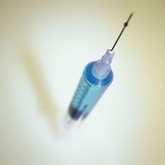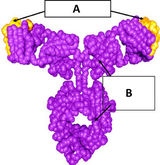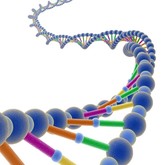Biosimilars/Research
|
Posted 03/06/2016
Biosimilars represent a viable alternative for the treatment of chronic and degenerative diseases of many patients worldwide who cannot afford the costs of biotherapies based on originator products. Trastuzumab is a humanized monoclonal antibody, which is used for the treatment of HER2-positive breast cancer. In the review paper of Miranda-Hernández et al. [1], the authors described the development of a trastuzumab biocomparable by Mexico-based Probiomed. This biocomparable, according to the authors, was developed in compliance with international guidelines and the characterization of Critical Quality Attributes (CQAs), as well as the pharmacokinetic parameters evaluated in healthy volunteers, demonstrated comparability with the reference product.































